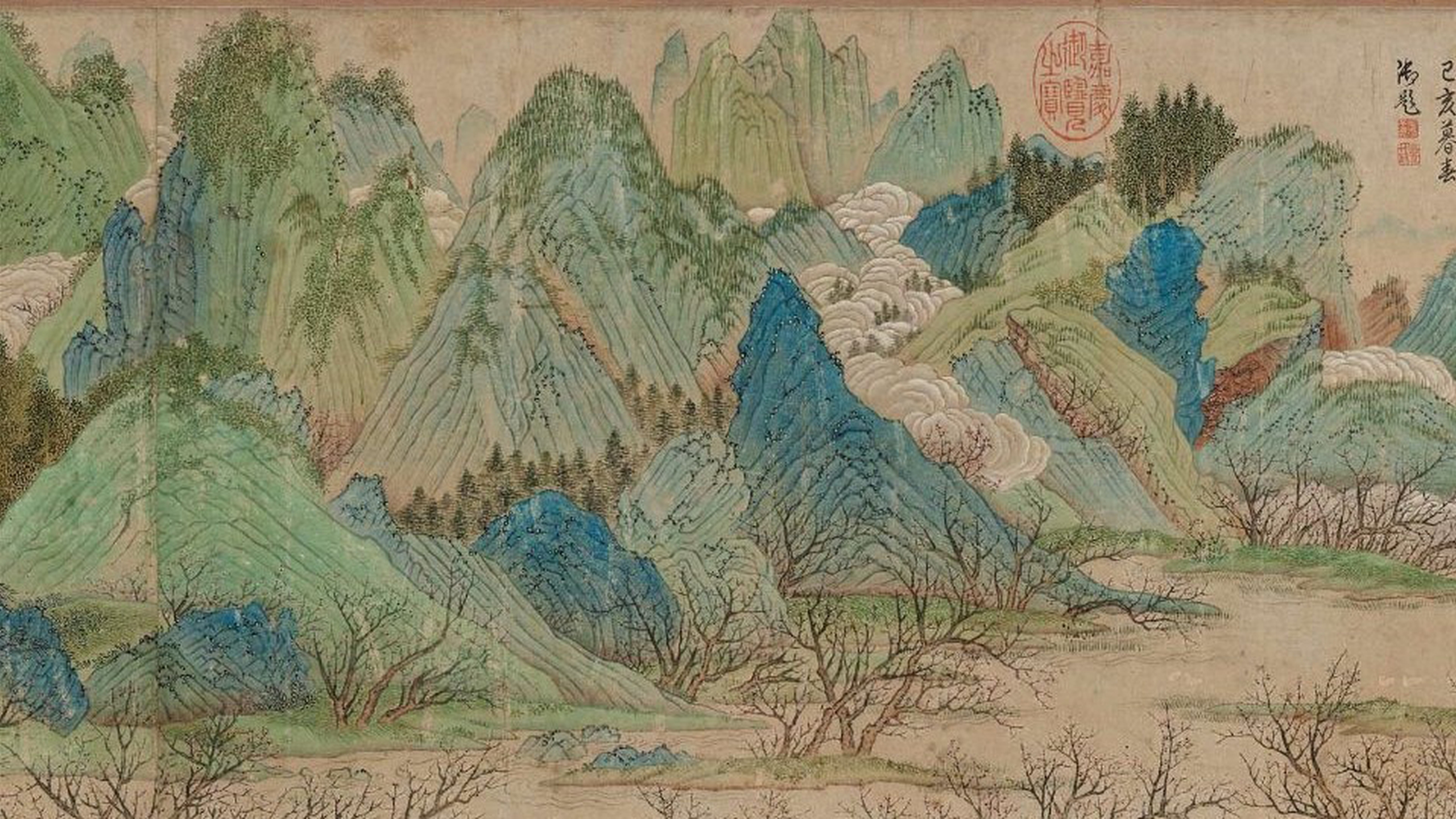EDITION: Bad New Times.
A poem by Zheng Chaolin, with extended notes by translator and compiler Gregor Benton.
Here, the poet summarises his understanding, from a Trotskyist point of view, of the course of the Chinese Revolution after 1921. The revolutionary high tide in the mid 1920s and the gains achieved by the Northern Expedition in 1926–27 were reversed by Chiang Kai-shek’s attack on his erstwhile Communist allies in April 1927. Zheng notes that the Chiang ‘bandits’ were wrongly taken by the Communists as ‘in-laws’ during the First United Front (1924–27), forced on them by Moscow. For obvious reasons he never mentions Trotsky in the poem, but the argument in ‘court and commonality’ is a clear reference to the Stalin– Trotsky split, during which Trotsky spoke out loudly for a return to Marx’s teachings. Zheng’s realisation of the truth of Trotsky’s analysis had come like a thunderclap, as the poem implies. The ‘different tune sung with equal skill’ suggests that the Chinese Revolution is no exception to the general pattern of world revolution described by Trotsky – only a particular realisation of it.
When Zheng wrote this poem, probably at around the time of the Great Leap Forward of 1958–61 or in its immediate aftermath, China’s rural and industrial economy had begun a sudden steep decline after a short-lived ‘high tide’ of apparently bumper harvests and rapid industrial growth. Both urban and rural Chinese (but especially the latter) experienced famines and disasters as the Party-state stepped up the rate of extraction from the villages to unprecedented and unsustainable levels. The references in the first stanza to Chiang’s crimes might also have served as a hidden reference to the ebbing of Mao’s high tide after 1958 and Mao’s cruel treatment of China’s workers and peasants. The second stanza talks about the course the Chinese Revolution should have followed after Chiang’s betrayal: a revolution without breaks or interruptions, one that would not pause for protracted periods at the discrete ‘stages’ that underpinned Stalin’s and the Chinese Communists’ own previous prescription.
But does Zheng’s comment have a further, hidden meaning? Starting in the late 1950s, Mao and his supporters began emphasising the need for what Mao’s English-language translators called ‘continuous’ or ‘uninterrupted’ revolution (although the standard translation in Marxist literature of the Chinese word [buduande] Mao used in this context is ‘permanent’). At around that time, the Maoists had suddenly started arguing that the revolution in China (considered by them to be still in progress) should proceed without interruption (as the Chinese Trotskyists had argued) rather than by stages (as Stalin and Mao had argued). However, the Maoists were loath to signal to the world Communist movement (which Mao hoped to eventually lead) any connection between their new concept of revolution and Trotsky’s tainted theory of permanent revolution, so their translators avoided rendering buduande as ‘permanent’. In prison, Zheng saw that Mao had changed his tune and he naturally felt vindicated, though he probably had little confidence that Mao and his choir of singers knew the words to it. But he could not resist sneaking into the poem’s cryptic last two lines a reminder that the Chinese Trotskyists had put forward the same strategy thirty years before, at the time of their Founding Congress in Shanghai in 1931, and had been denounced for it in the 1930s as agents of Japan.
To the tune of ‘Congratulating the Bridegroom’
The tide is sucked back down the stream.
Painful years
for workers and peasants everywhere,
with blood-stained snowflakes swirling in the gale. The fruit will soon be gathered in –
but thieves will rally in the dead of night to plunder the peasants’ fields and homes. Drawing lessons from the bitter past,
I detect a deviation from the old true path: welcoming bandits
as if they’re in-laws.
An argument splits court and commonality. A loud voice calls
for a return to the essential teachings
of Lenin, Marx, and Engels:
a revolution without breaks or interruptions,
until the building’s up and ready.
A different tune but sung with equal skill, for China’s sake. The scales have dropped from people’s eyes,
but however loud the song, few really know the words. Thirty years
seem like a day.
Poets of the Chinese Revolution is published by Verso Books. Many thanks to Verso for allowing us to publish these extracts.
